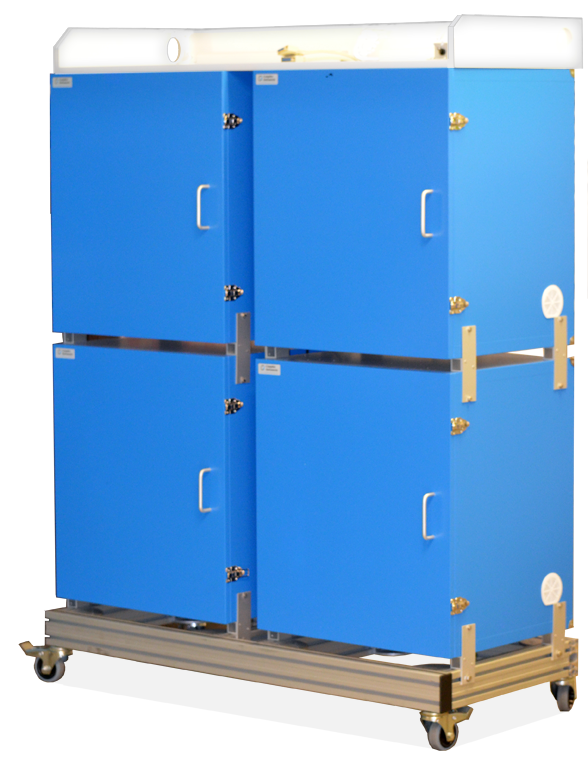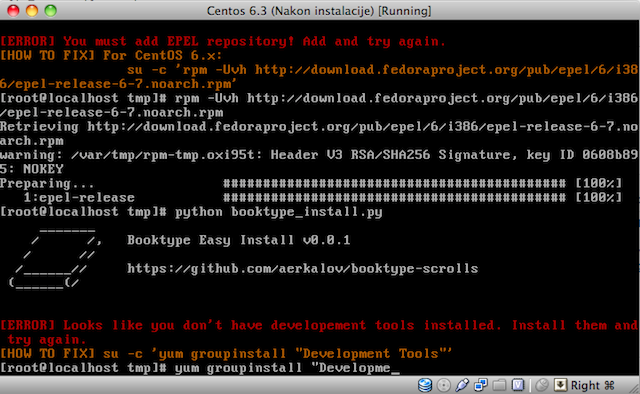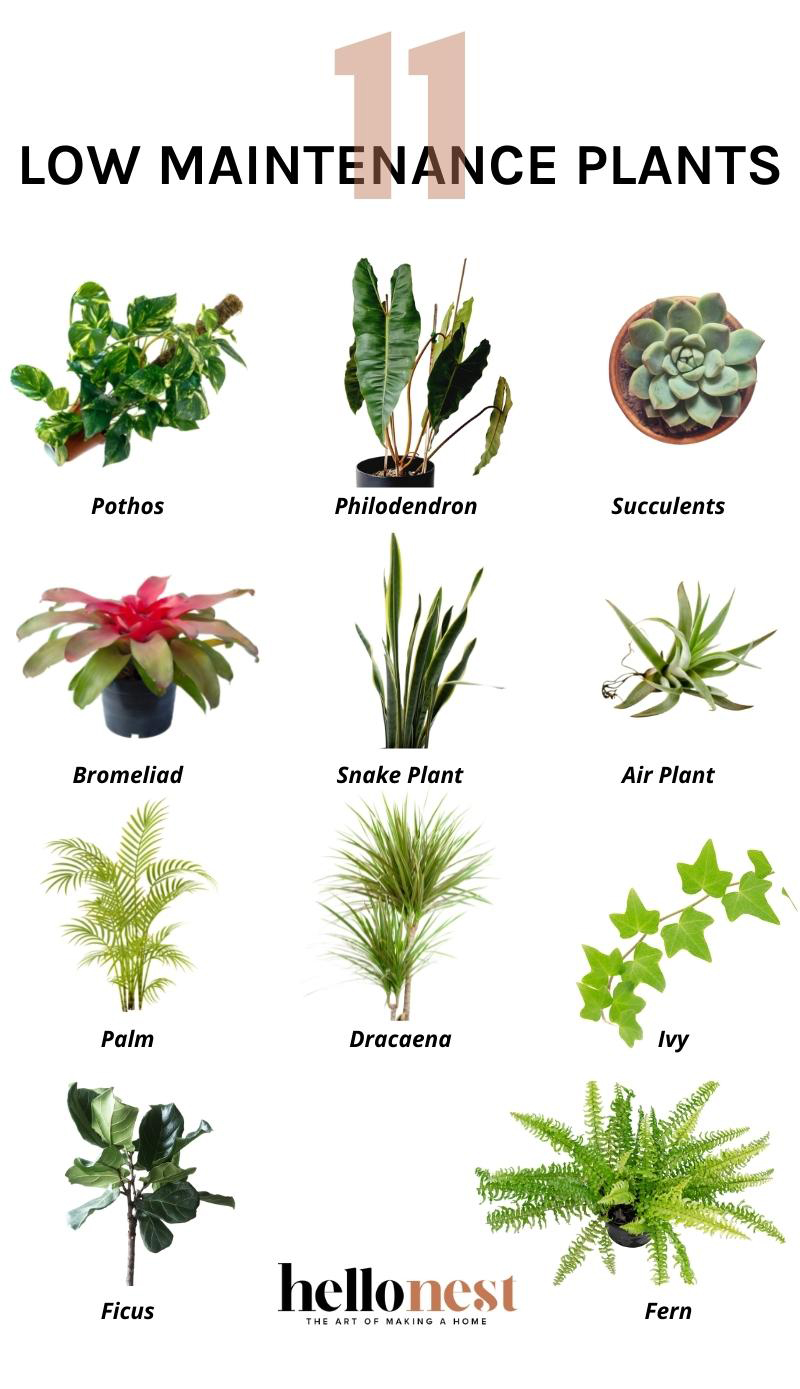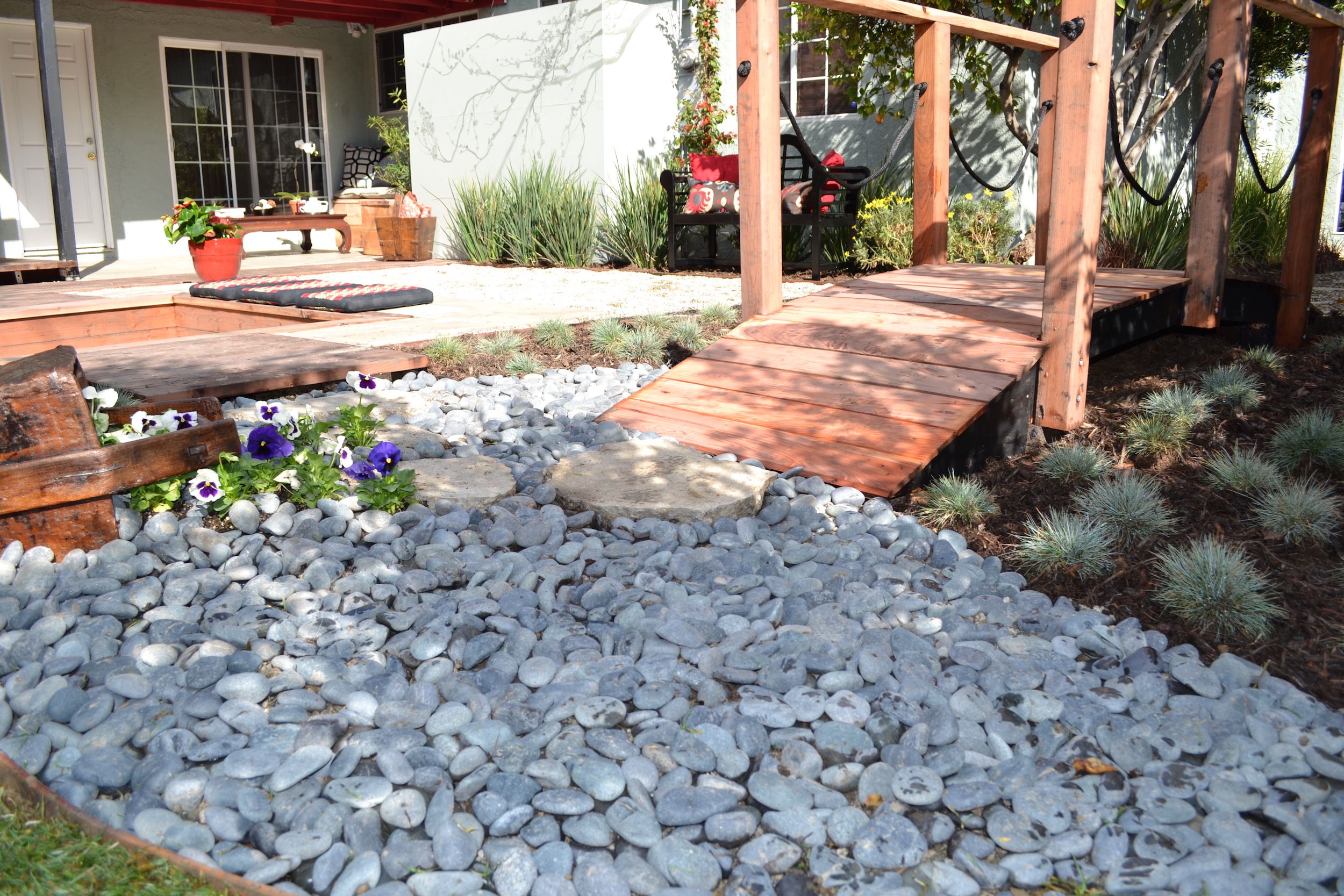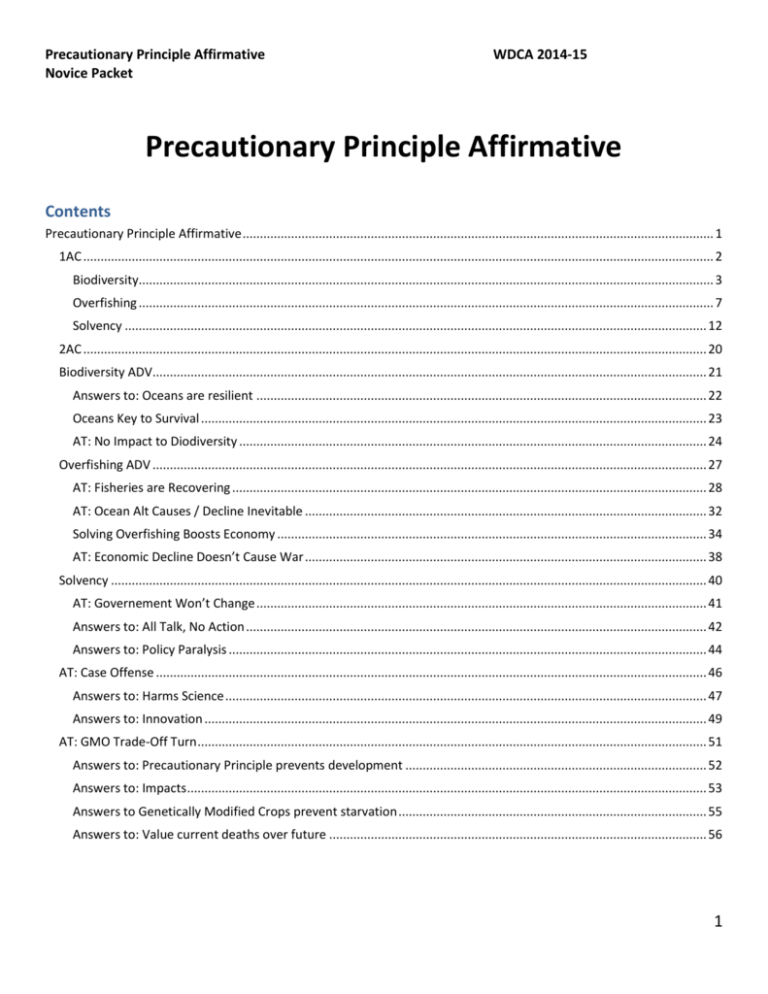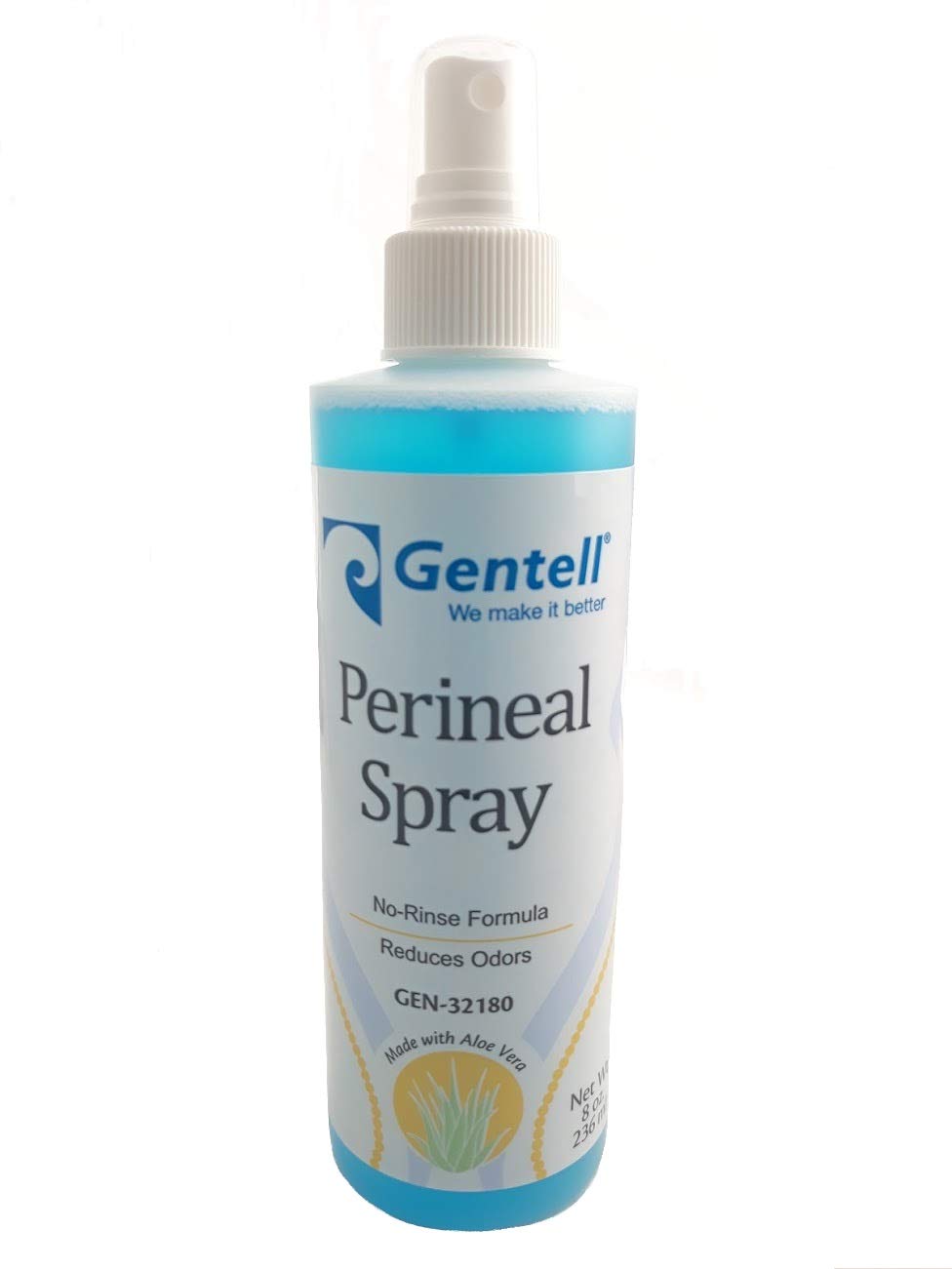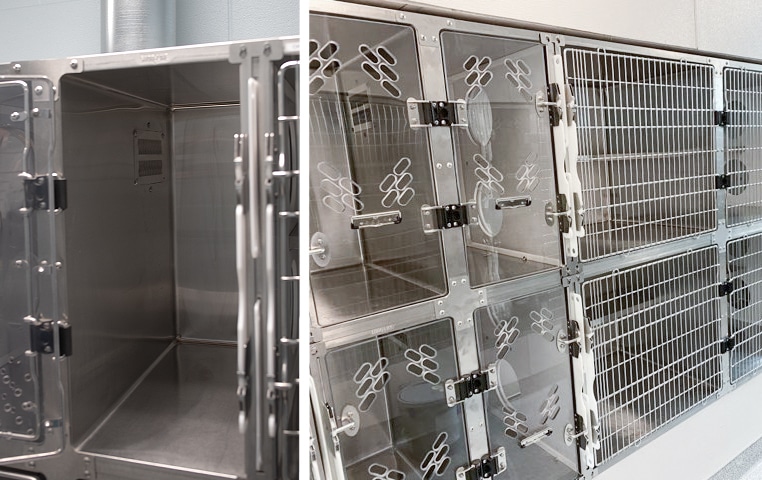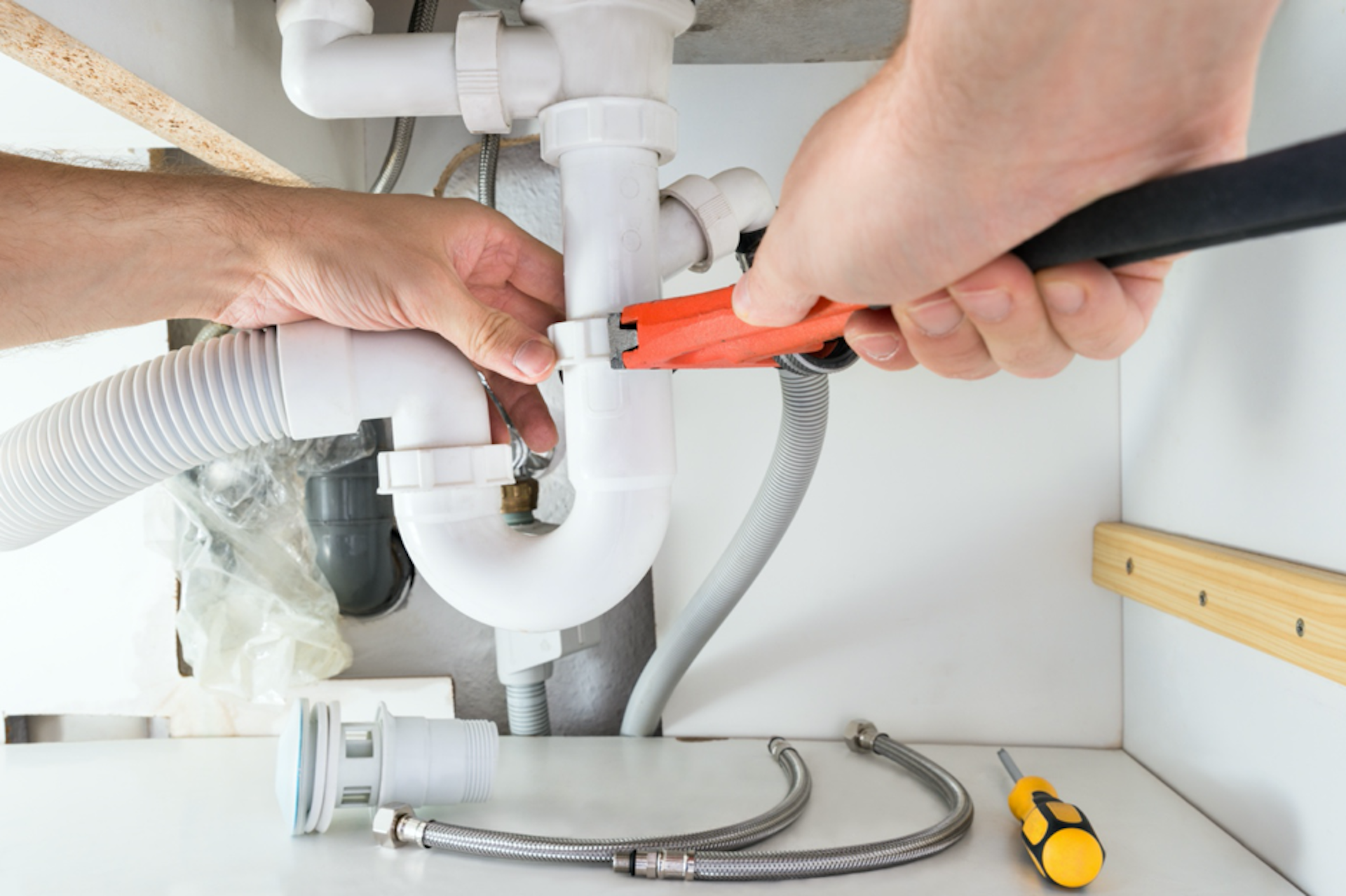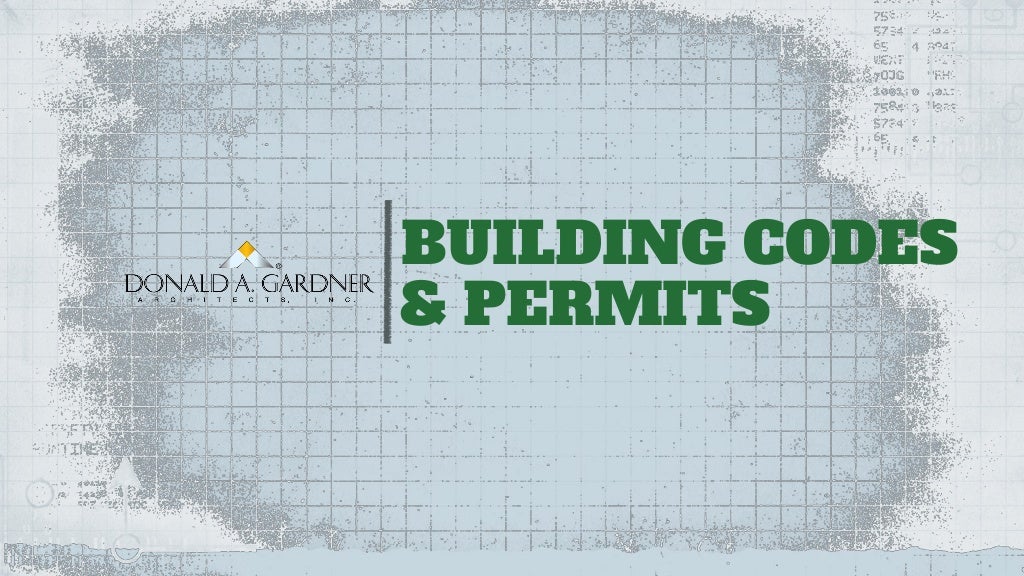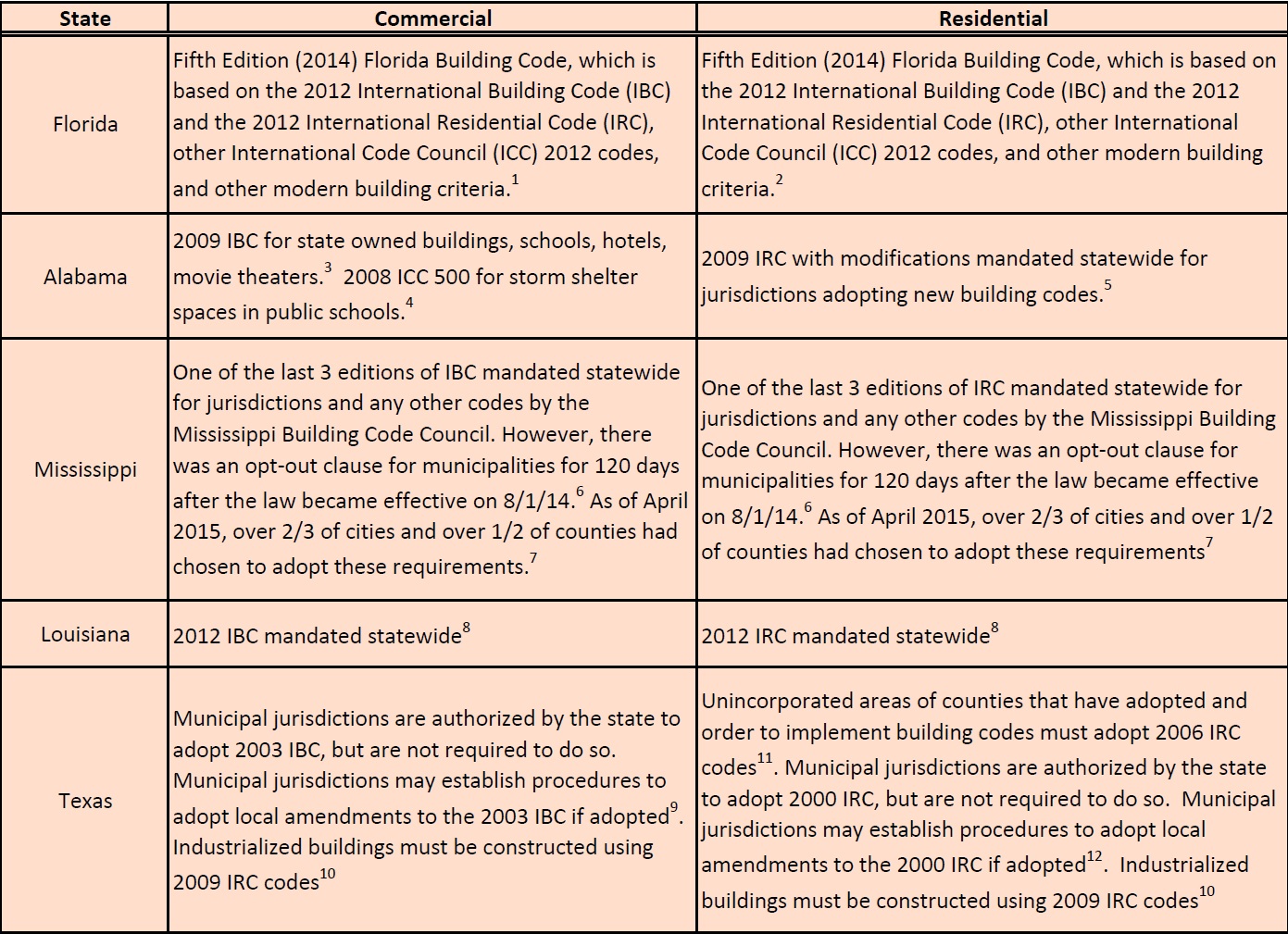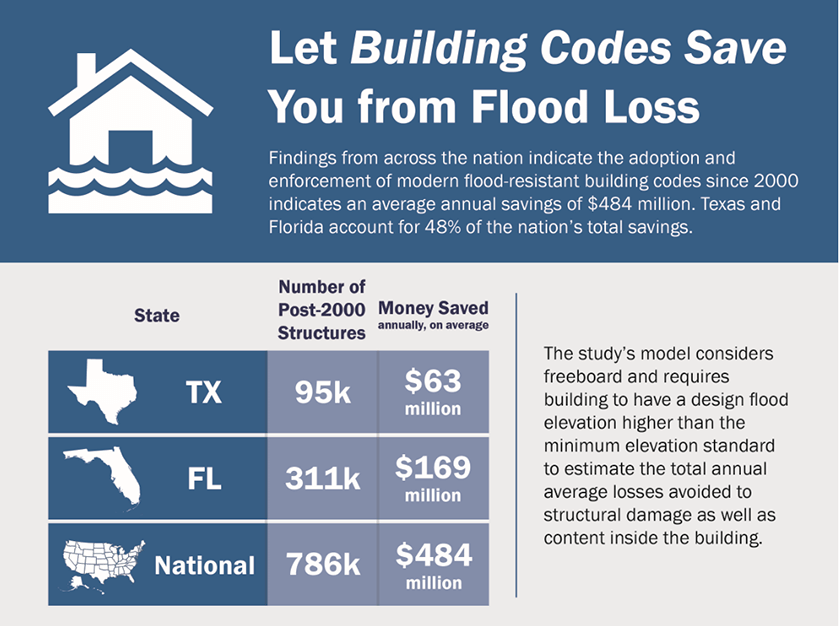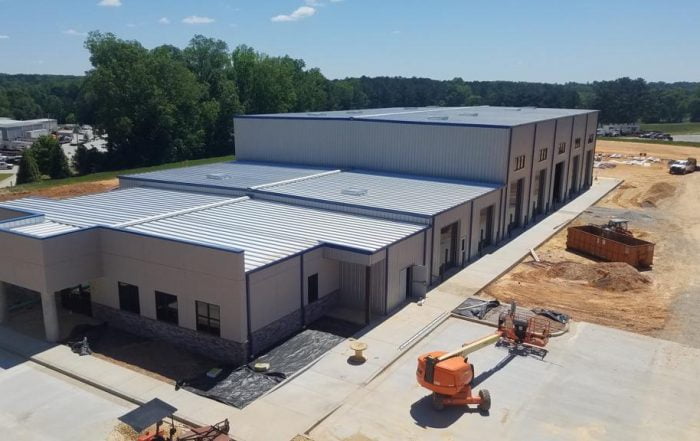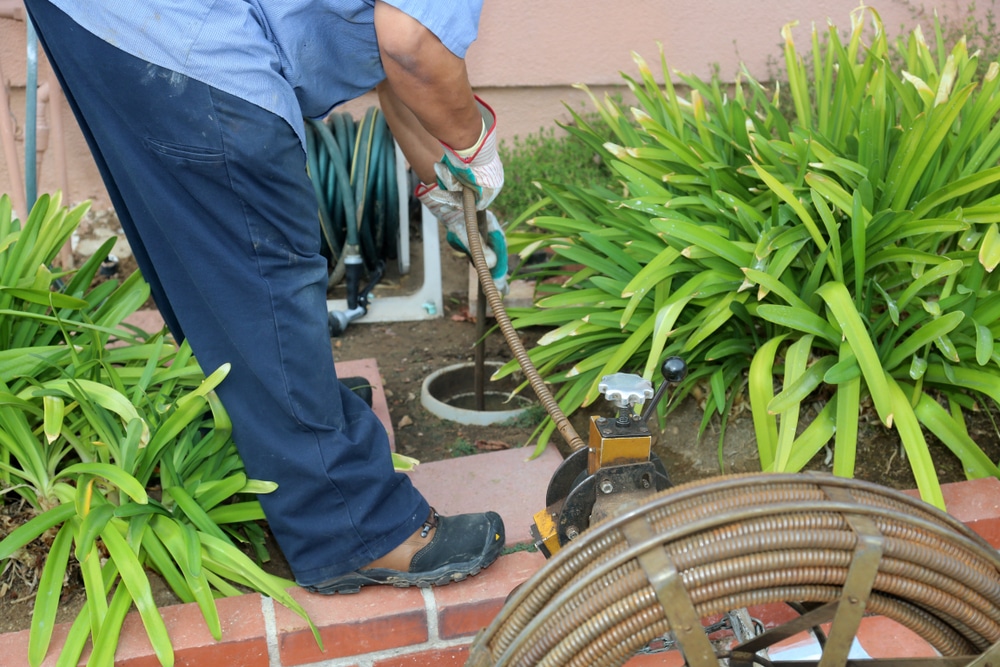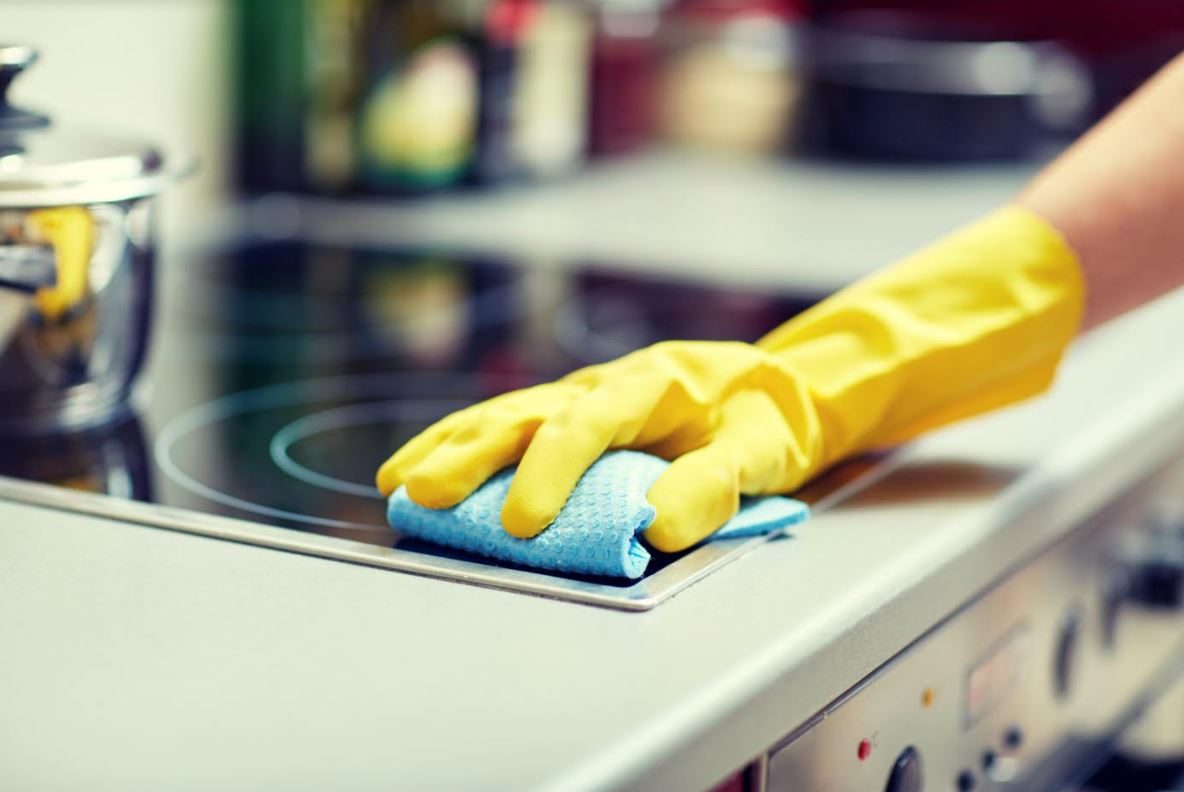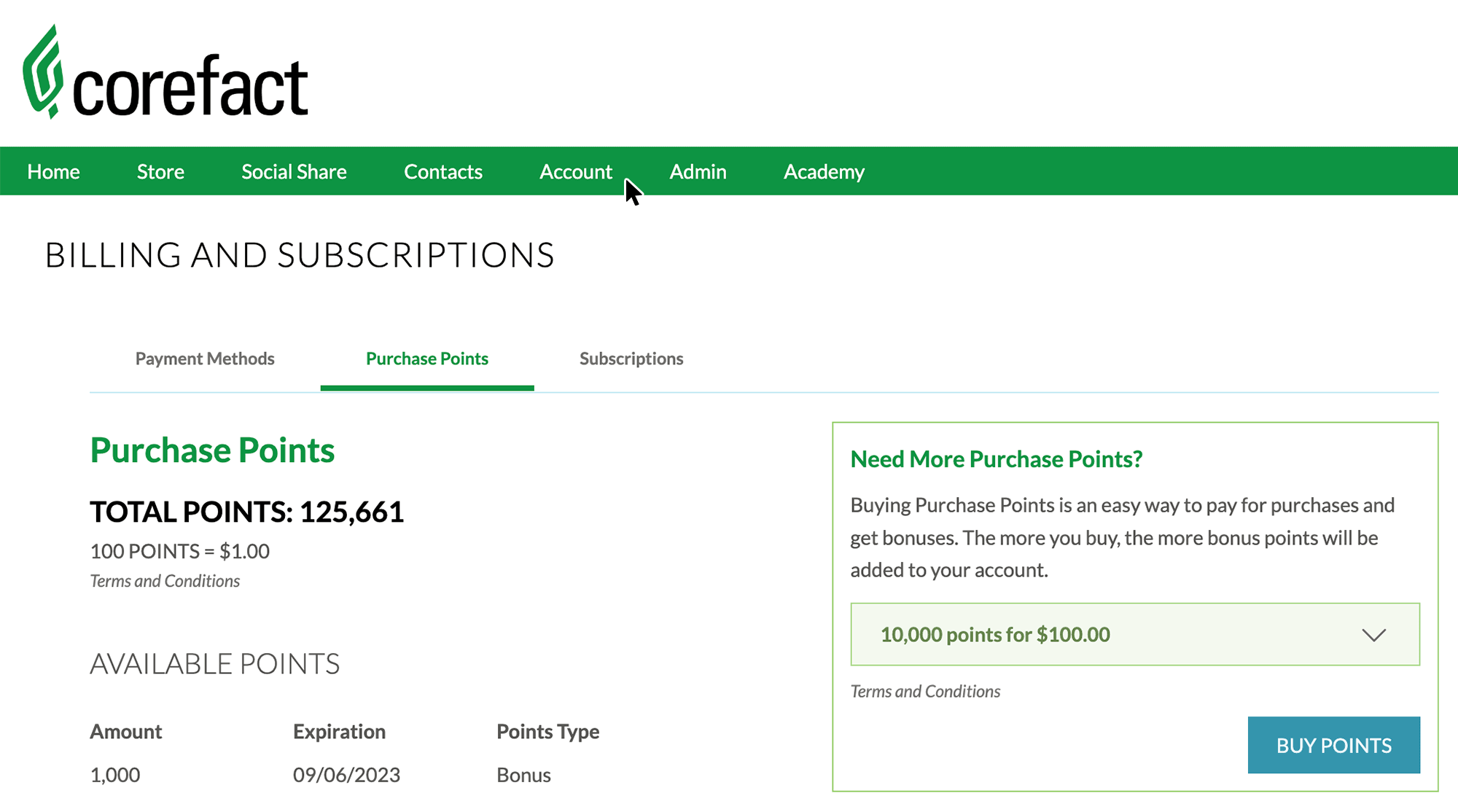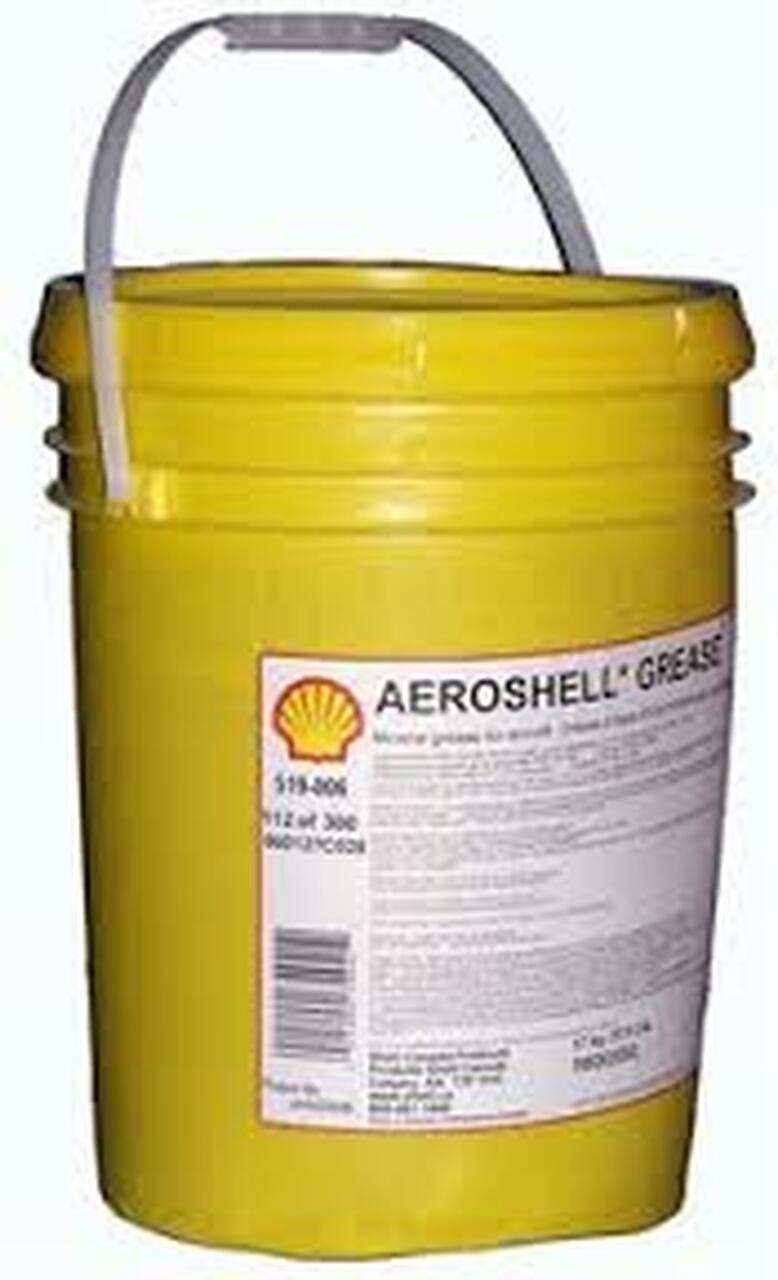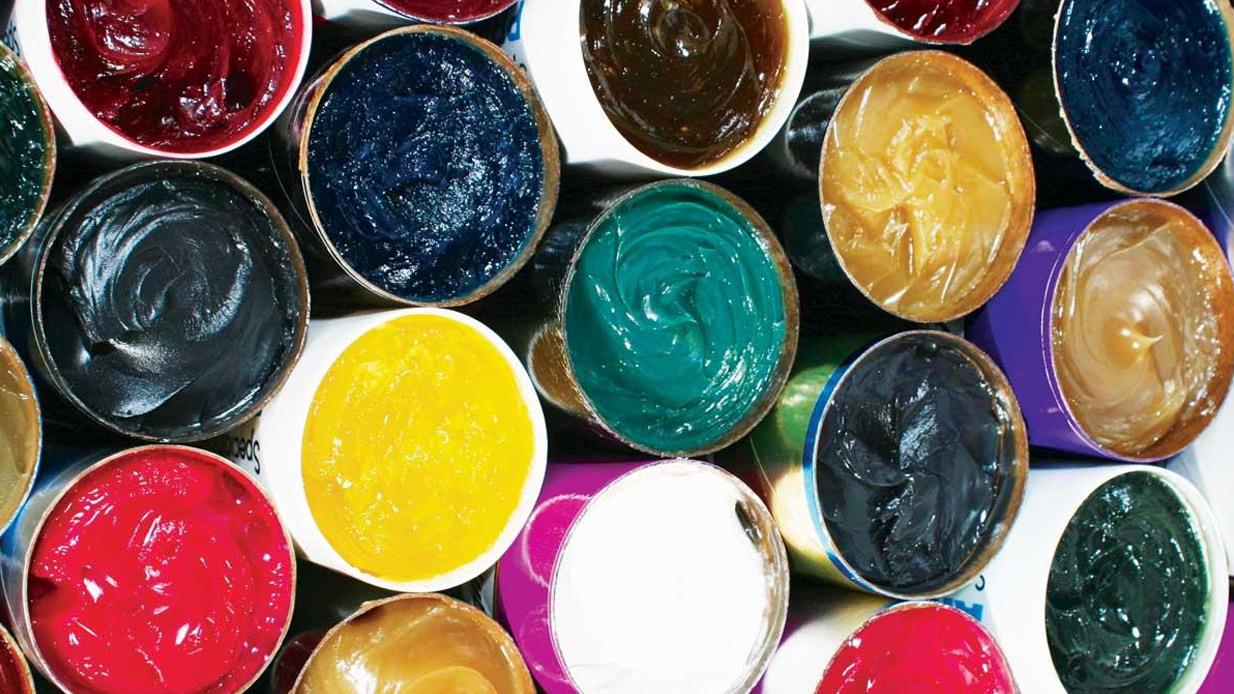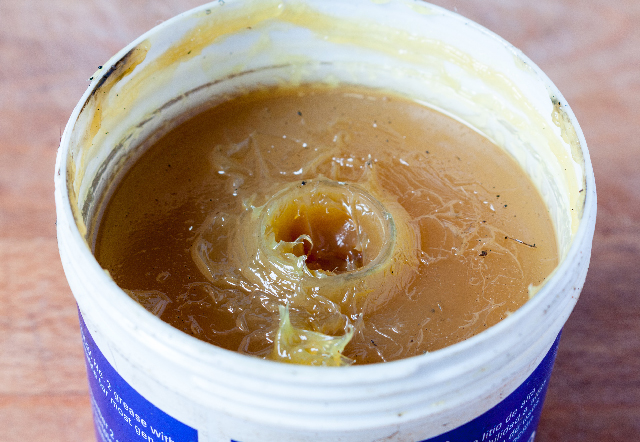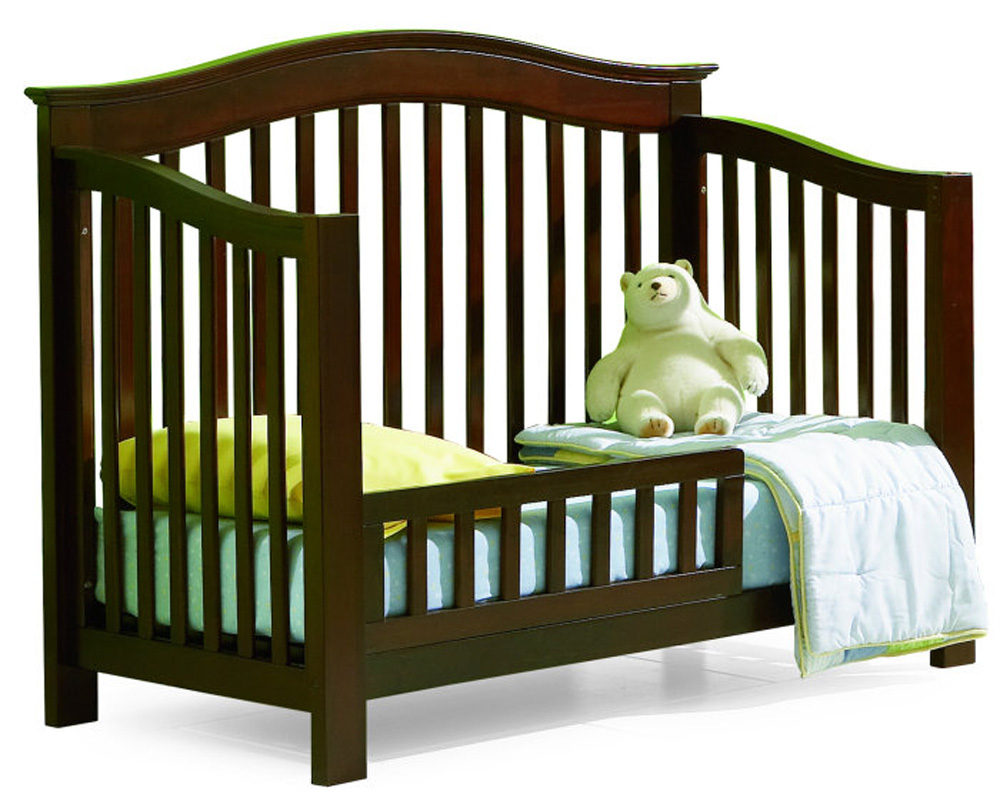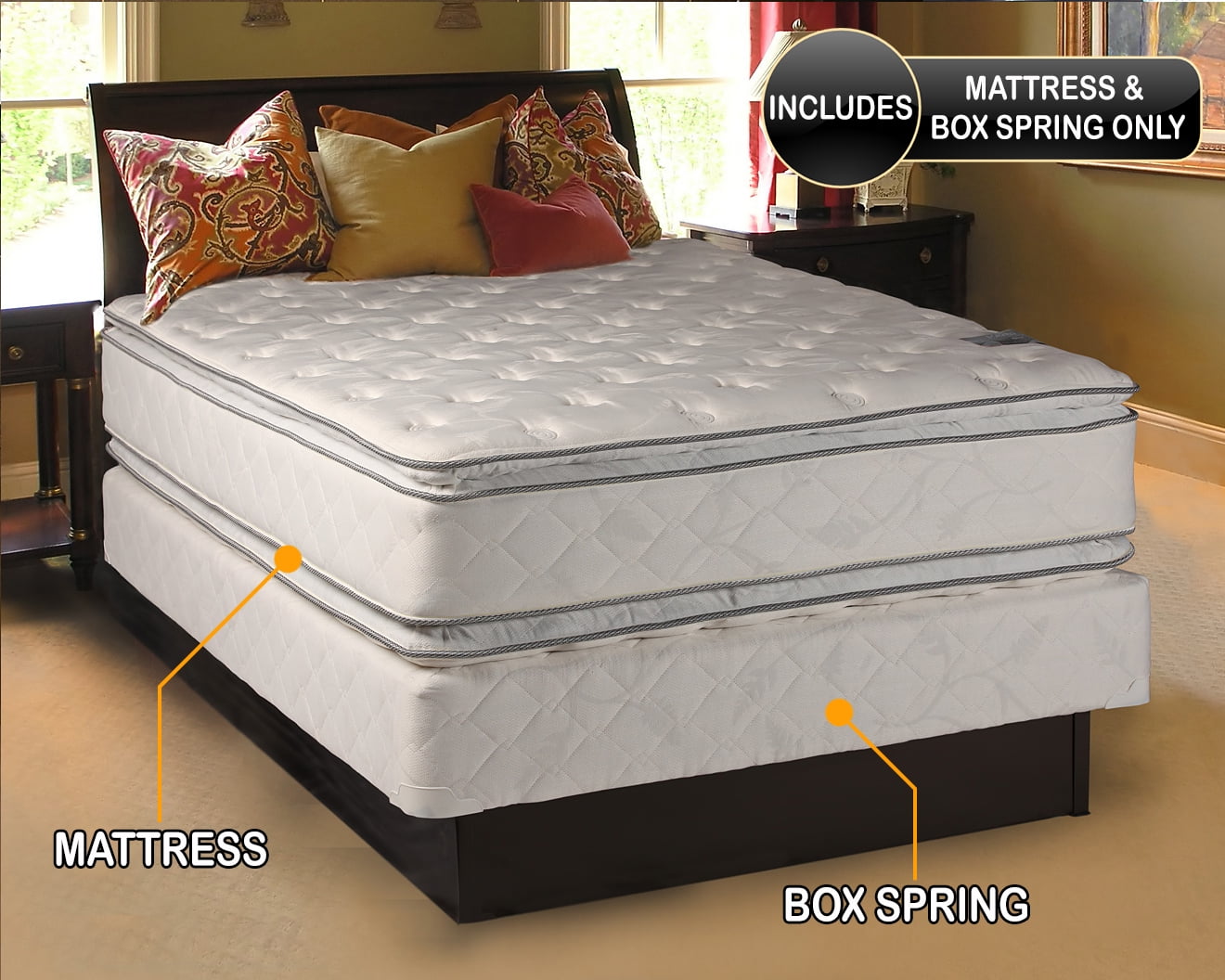One of the main benefits of a kitchen sink grease trap is that it is easy to install. Unlike other plumbing systems that may require professional assistance, a grease trap can typically be installed by the homeowner themselves. This can save time and money, making it a convenient option for many households.Easy to Install
Another advantage of a grease trap is that it requires low maintenance. Once installed, it only needs to be cleaned or emptied periodically, depending on the size and usage of your kitchen. This means you won't have to constantly worry about it and can focus on other household tasks.Low Maintenance
Grease and oil can easily build up in your kitchen pipes, leading to clogs and blockages. A kitchen sink grease trap helps to prevent this by trapping and collecting the grease and oils, keeping them from entering your plumbing system. This can save you from the hassle and expense of dealing with clogs and backups.Prevents Clogs
Grease and oil can also cause unpleasant odors in your kitchen. A grease trap helps to reduce these odors by trapping the grease and oils before they can decompose and create foul smells. This can make your kitchen a more pleasant place to be and eliminate the need for strong chemical cleaners.Reduces Odors
Using a kitchen sink grease trap is an environmentally friendly choice. By preventing grease and oils from entering your plumbing system, you are also helping to protect the environment. Grease and oil can be harmful to wildlife and ecosystems, so using a grease trap is a responsible way to dispose of these substances.Environmentally Friendly
As mentioned earlier, a grease trap can help prevent clogs and backups in your kitchen pipes. This can save you money on plumbing repairs, which can be costly and inconvenient. By investing in a grease trap, you can potentially save money in the long run by avoiding these issues.Can Save Money on Plumbing Repairs
Some local building codes may require homes or businesses to have a grease trap installed in their kitchen. This is especially true for commercial kitchens, as grease and oil can cause serious issues in a large-scale plumbing system. By having a grease trap, you can ensure that your home or business is up to code and avoid any potential penalties.May Be Required by Local Building Codes
While a grease trap does require low maintenance, it will still need to be cleaned or emptied regularly. The frequency of cleaning will depend on the size of your kitchen and how often you use it. Neglecting to clean your grease trap can lead to clogs and backups, so it's important to stay on top of this task.May Need to Be Cleaned Regularly
One of the downsides of a kitchen sink grease trap is that it can be expensive to purchase and install. However, as mentioned earlier, it may save you money in the long run by preventing plumbing repairs. It's important to weigh the initial cost against the potential cost of future issues when deciding if a grease trap is right for you.Can Be Expensive to Purchase and Install
While a grease trap can effectively trap and collect most types of grease and oils, it may not be as effective for all substances. Some types of grease and oils, such as animal fat, may solidify and cause issues in your grease trap. It's important to research the types of grease and oils that your grease trap can handle before using it.May Not Be Effective for All Types of Grease and Oils
The Benefits and Drawbacks of Using a Kitchen Sink Grease Trap

Pros:
 One of the main benefits of using a kitchen sink grease trap is that it helps prevent clogs and backups in your plumbing system. Grease, oil, and other solid particles that are poured down the drain can build up over time and cause blockages, which can be costly and time-consuming to fix. By installing a grease trap, you can effectively trap and remove these substances before they can cause any damage to your pipes.
Another advantage of using a grease trap is that it can help reduce unpleasant odors in your kitchen. Grease and food particles trapped in your sink can create a foul smell that can be difficult to get rid of. A grease trap can effectively capture these particles, preventing them from emitting unpleasant odors and keeping your kitchen smelling fresh and clean.
Additionally, using a grease trap can also help you save money in the long run. By preventing clogs and backups in your plumbing system, you can avoid costly repairs and maintenance. Furthermore, a grease trap can also help reduce the frequency of drain cleanings, which can also save you money.
One of the main benefits of using a kitchen sink grease trap is that it helps prevent clogs and backups in your plumbing system. Grease, oil, and other solid particles that are poured down the drain can build up over time and cause blockages, which can be costly and time-consuming to fix. By installing a grease trap, you can effectively trap and remove these substances before they can cause any damage to your pipes.
Another advantage of using a grease trap is that it can help reduce unpleasant odors in your kitchen. Grease and food particles trapped in your sink can create a foul smell that can be difficult to get rid of. A grease trap can effectively capture these particles, preventing them from emitting unpleasant odors and keeping your kitchen smelling fresh and clean.
Additionally, using a grease trap can also help you save money in the long run. By preventing clogs and backups in your plumbing system, you can avoid costly repairs and maintenance. Furthermore, a grease trap can also help reduce the frequency of drain cleanings, which can also save you money.
Cons:
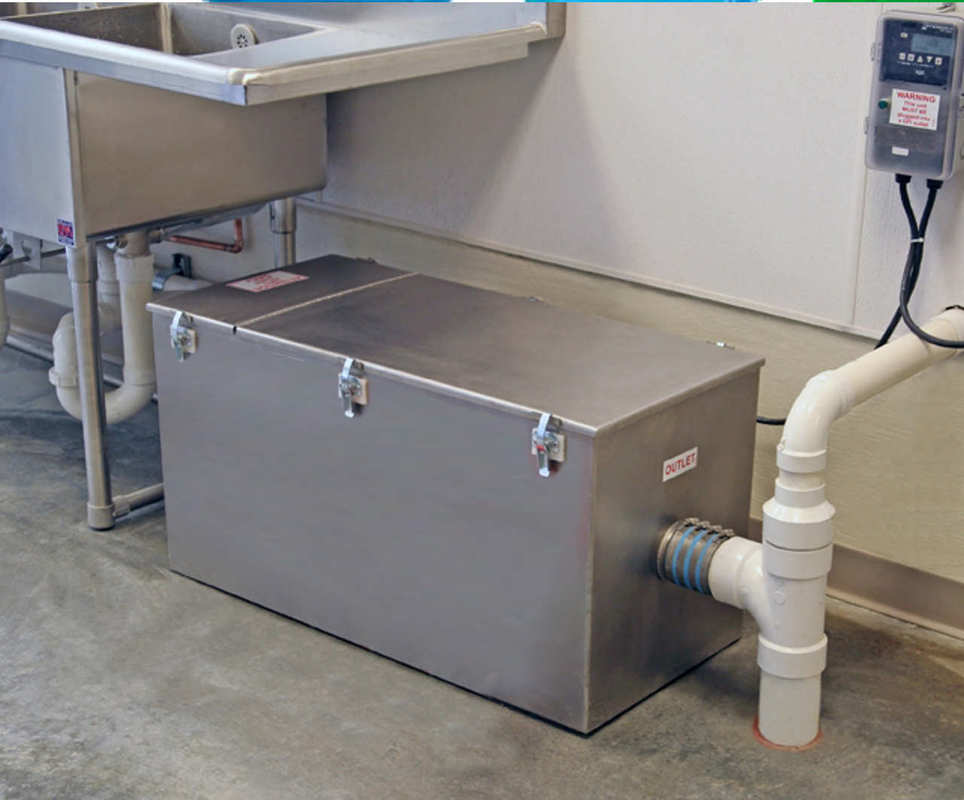 Despite the benefits, there are also some drawbacks to using a kitchen sink grease trap. One of the main concerns is the maintenance and cleaning of the trap itself. Grease traps need to be regularly emptied and cleaned to ensure they continue to function properly. This can be a messy and unpleasant task, and if not done correctly, it can lead to clogs and backups in your plumbing system.
Another drawback is that grease traps can take up valuable space under your sink. This can be a challenge for those with smaller kitchen spaces, as it can limit storage and make it difficult to access plumbing pipes if needed.
Moreover, some people may find the initial cost of installing a grease trap to be expensive. However, it is important to consider the long-term benefits and cost savings that come with using a grease trap.
In conclusion, a kitchen sink grease trap has its pros and cons. It can effectively prevent clogs and backups, reduce odors, and save you money in the long run. However, it also requires regular maintenance, takes up space, and can be costly to install. Ultimately, the decision to use a grease trap should be based on your specific needs and preferences.
Despite the benefits, there are also some drawbacks to using a kitchen sink grease trap. One of the main concerns is the maintenance and cleaning of the trap itself. Grease traps need to be regularly emptied and cleaned to ensure they continue to function properly. This can be a messy and unpleasant task, and if not done correctly, it can lead to clogs and backups in your plumbing system.
Another drawback is that grease traps can take up valuable space under your sink. This can be a challenge for those with smaller kitchen spaces, as it can limit storage and make it difficult to access plumbing pipes if needed.
Moreover, some people may find the initial cost of installing a grease trap to be expensive. However, it is important to consider the long-term benefits and cost savings that come with using a grease trap.
In conclusion, a kitchen sink grease trap has its pros and cons. It can effectively prevent clogs and backups, reduce odors, and save you money in the long run. However, it also requires regular maintenance, takes up space, and can be costly to install. Ultimately, the decision to use a grease trap should be based on your specific needs and preferences.
